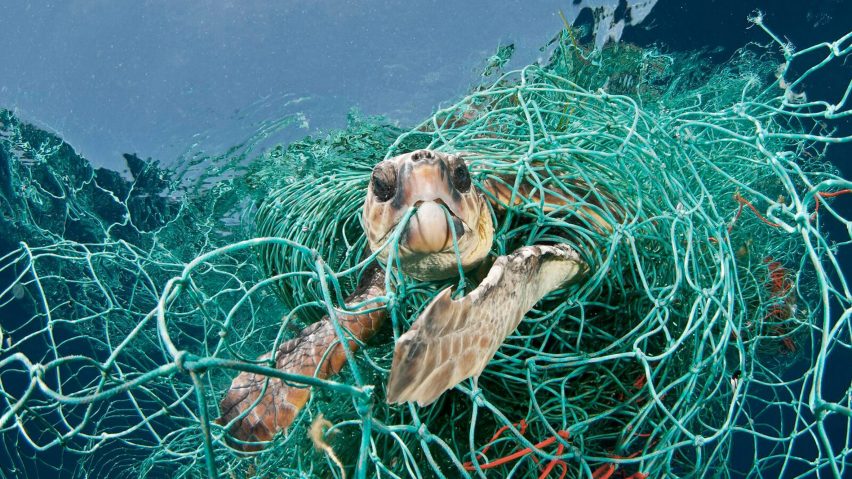
"I don't believe we're going to clean up the oceans" says Parley for the Oceans founder Cyrill Gutsch
Eliminating plastic from the seas is not possible and instead new materials need to be developed to replace plastic, according to the founder of Parley for the Oceans.
Cyrill Gutsch, who founded the organisation to tackle ocean pollution, made the claim in an exclusive interview with Dezeen.
"To be very honest, I don't believe that we're going to clean up the oceans," said the German-born designer, whose organisation partners with brands including Adidas and Stella McCartney to turn marine plastic waste into products such as trainers, swimwear and football shirts.
"My personal opinion is that the ultimate end of marine plastic pollution is not in cleaning up," he said.
"It's a very good conversation starter, it's a very good way to raise awareness of the problem, it's a way to raise funds if you're making products [out of ocean plastic] so the product, not the material itself, is a fundraiser".
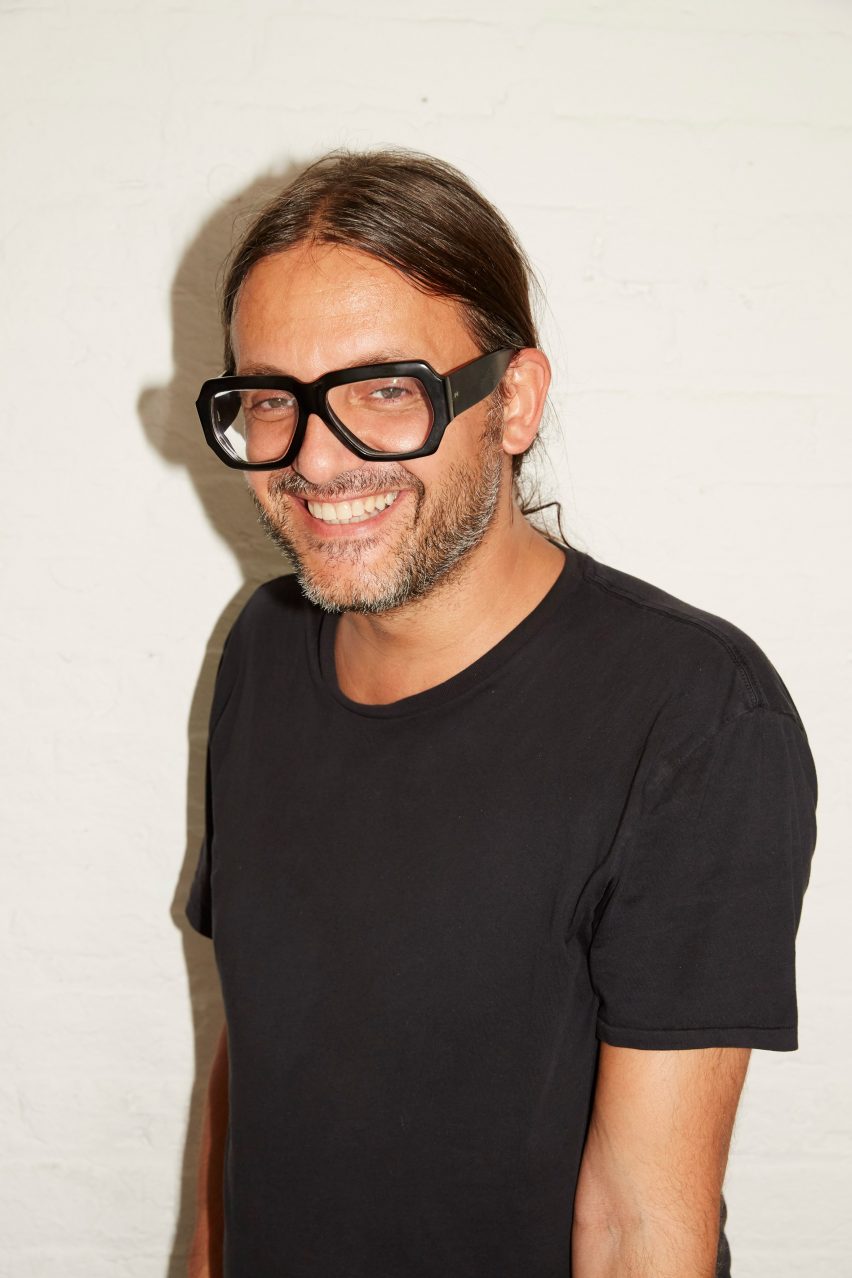
Founded in 2012 to raise awareness about threats to marine habitats, Parley for the Oceans intercepts plastic waste destined for, or already in, the sea.
This is recycled and marketed under the Ocean Plastic brand, which Gutsch has trademarked and which has successfully reinvented a previously unwanted waste stream as a luxury material.
However this is not a viable long-term solution for saving the oceans, Gutsch believes.
"I think the ultimate solution is new materials," he said, proposing that non-harmful alternatives to plastic should be developed from natural materials such as algae or fungi, or synthesised in laboratories using advanced chemical engineering.
"I just think we will not get plastic under control," he said. "And I don't want to be creating the wrong illusion that we are able to clean up the ocean, because I don't think we are."
"Plastic is a problem at every stage of manufacturing or usage," he added. "We invented something that obviously isn't fit for a circular economy. It's leaking chemicals, it's shedding micro particles, it's giving off things that we don't want to have in our nature, in our bodies. It's just harmful."
"So Ocean Plastic for us is a catalyst brand really for a time between fossil-fuel-based plastic and new future materials."
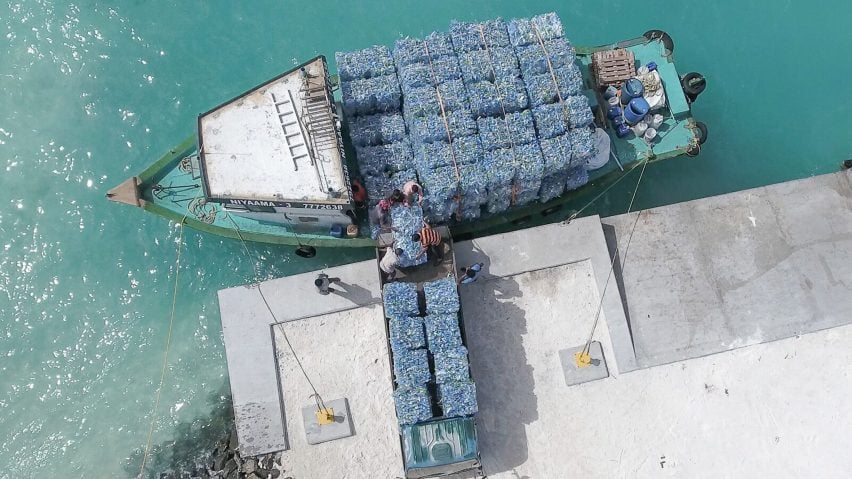
Gutsch, a designer and branding strategist as well as an ocean lover, has approached the problem of preserving marine environments as a branding exercise, treating the sea as if it were a client.
"I knew that with a big brand, the moment you create something and it has success, it very quickly becomes the new standard," he said, explaining how he hit upon the idea of focusing on plastic.
"I saw that behind all these environmental issues we're facing around the ocean – overfishing, illegal fishing, shark finning, whaling – all these things are very difficult to get into the mass media."
"We needed something that would really take off. So we decided to take on a cause that was then very underexposed, and it was plastic. Nobody spoke about it really. We decided to make plastic a superstar of an environmental issue."
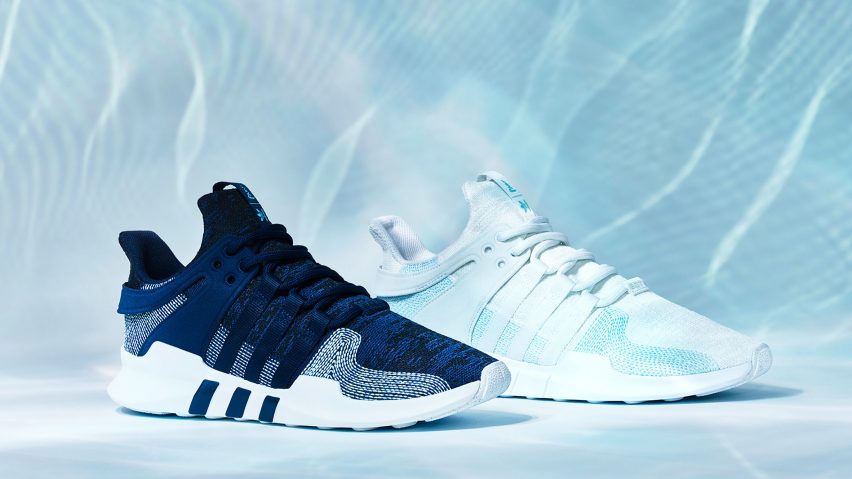
The organisation now works in 28 countries, focusing on developing nations with poor waste-management systems, including small island nations such as the Maldives, the Dominican Republic and Palau, or countries with long coastlines, often in Southeast Asia.
So far it has carried out 1,900 individual cleanups and engaged 130,000 volunteers, although most operations are carried out by paid workers, Gutsch said. This year the organisation expects to collect 16,000 tonnes of plastic.
To put this in perspective, an estimated 4.8 to 12.7 million tonnes of plastic end up in the oceans each year and circular-economy charity the Ellen MacArthur Foundation estimates that by 2050 there will be more plastic than fish in the oceans.
Parley deploys fishing boats to intercept waste but, despite the name, 70 to 80 per cent of the material it intercepts comes not from the sea but from the shore, where it has been washed up or dumped, meaning that some Ocean Plastic has never been in the sea.
Harvesting plastic from beaches is easier than collecting it offshore, especially since a lot of the plastic in the oceans has broken down into tiny pieces, making it difficult to collect at sea.
"The material that you're harvesting out there [in the ocean] is the same material that washes in on shorelines," he said. "Often, it's the size of confetti; it's really broken down. It's not easy to bring it back to life, but it can be done. "
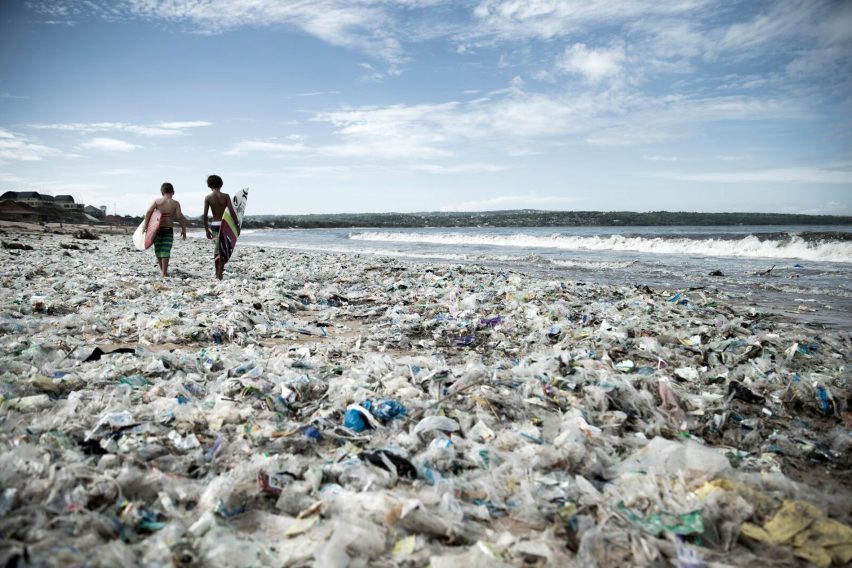
Gutsch is sceptical of the approach adopted by The Ocean Cleanup which, despite recent setbacks and doubts from experts, still plans to send large, autonomous devices out into the Pacific Ocean to passively collect plastic accumulating in the so-called Great Pacific Garbage Patch.
"Every approach that is passionate, that is driven by the right intent, is welcome," Gutsch said. "The Ocean Cleanup is obviously not designed as a PR stunt; they really want to make an impact."
"But the problem is that operating on the high seas is not easy. It's not easy under calm conditions, but it's really difficult if there's a storm. And putting out massive devices, and having them floating out there, is something I would not want to do. I would not want to live with the risk that it bears towards other vessels, for life, sea life. It's just something I feel very uncomfortable with."
"But the other side is that to operate on the high seas needs vessels that actually eat a lot of fuel," he added. "That means you burn a lot of fossil fuels to be out there in the middle of the sea, to maintain these devices."
The plastic collected by Parley is cleaned, sorted and processed so it can be reused. This involves a lot of manual work and fairly crude mechanical processing to grind the plastic into flakes.
Plastic that has been at sea for a long time is often contaminated, so the resulting materials tend to be of poor quality and limited use.
"It works like a sponge and it absorbs a lot of other chemicals," Gutsch said. "So in a treatment process, you want to be very careful. You can compact them into building blocks or something like that, but that's actually downcycling."
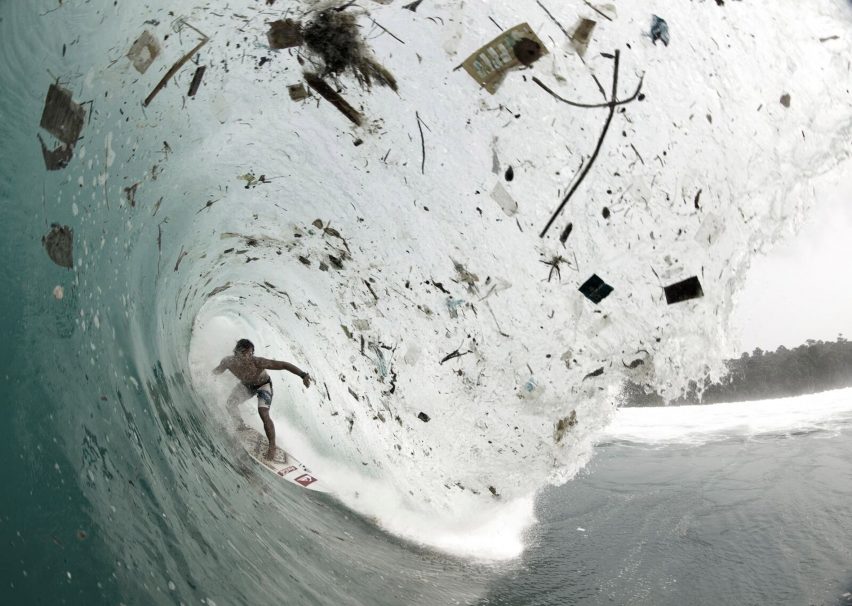
Gutsch said the recycling industry has failed to invest sufficiently in more advanced chemical processes that could produce higher-quality materials in greater volumes.
"There are a lot of materials where we know that we will be able to recycle them [in future], but we can't do it yet," he said. "These materials, we're keeping them, we're storing them."
This all means that ocean plastic is not an economically viable alternative to virgin plastic.
"I would say true ocean plastic is eight to ten times more expensive than virgin plastic," he said. "If you would sell the material for what it costs, you would not get it into the market. There's no way."
Instead Parley's business model is to get brands to pay to support its mission rather than buy recycled plastic at market rates. "The Parley brand has a certain value," he said. "That's the only finance model that works."
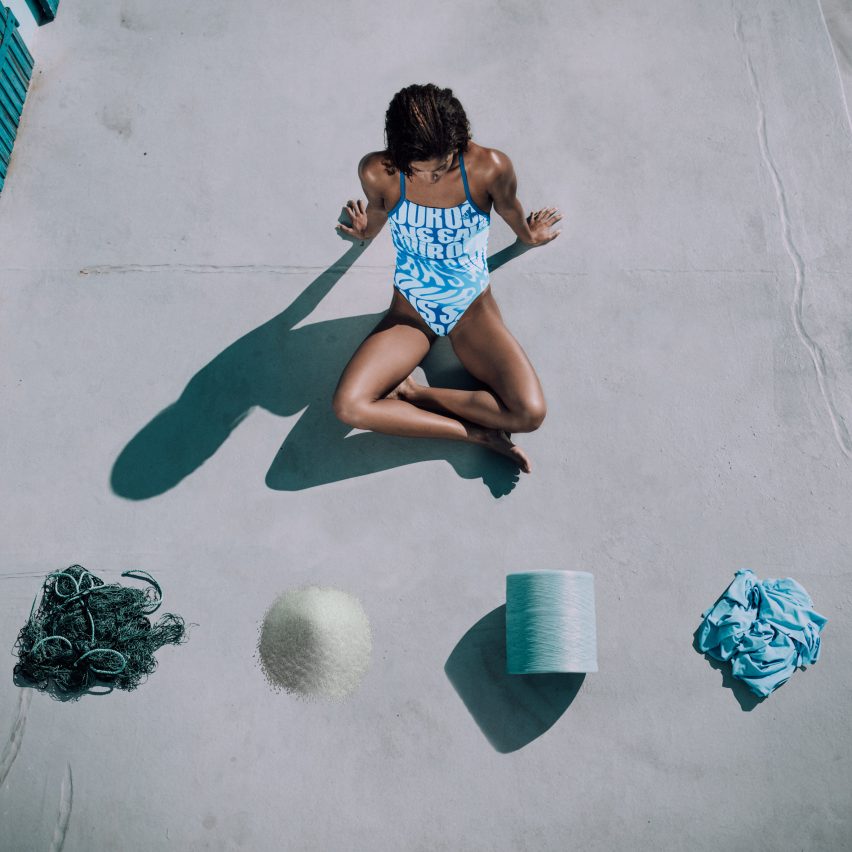
The future, however, involves developing new materials to replace plastic that are compatible with a circular economy. For the past two years Parley has quietly been working on a new programme called Parley Future Materials Program, which is researching the possibilities of green chemistry and biofabrication. It plans to open an institute that will support startups and inventors working in these two fields.
Green chemistry is a form of chemical engineering that does not create pollution or destructive materials, while biofabrication involves investigating ways to mimic nature and grow materials and products.
"We believe that we have to learn from nature, we have to learn from what has been here before us," said Gutsch. "Look at a banana peel or an orange peel or a skin of a grape or an apple. This is high-tech packaging. Biofabrication is an attempt to go that route. That means growing material from enzymes, from yeast, from algae, from mushrooms."
"I think the future is where the material serves a purpose until it's not needed any more," he added. "Then it falls back and has a positive, not a negative, impact on the environment."